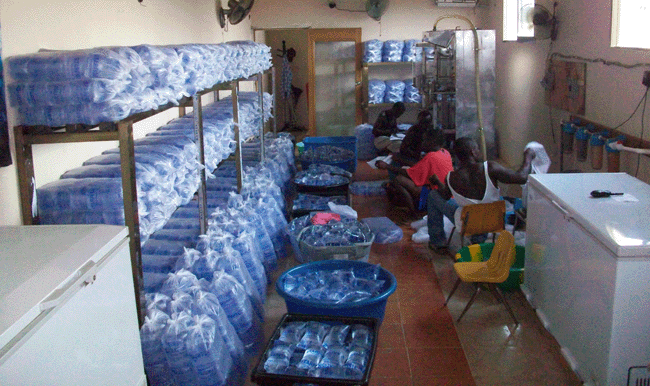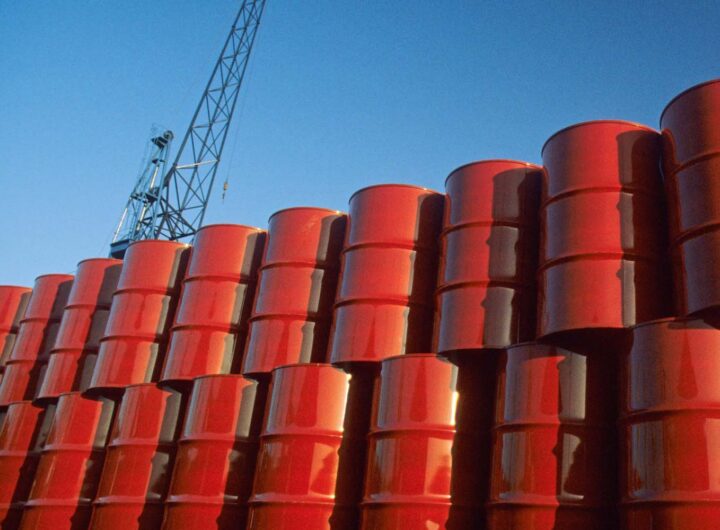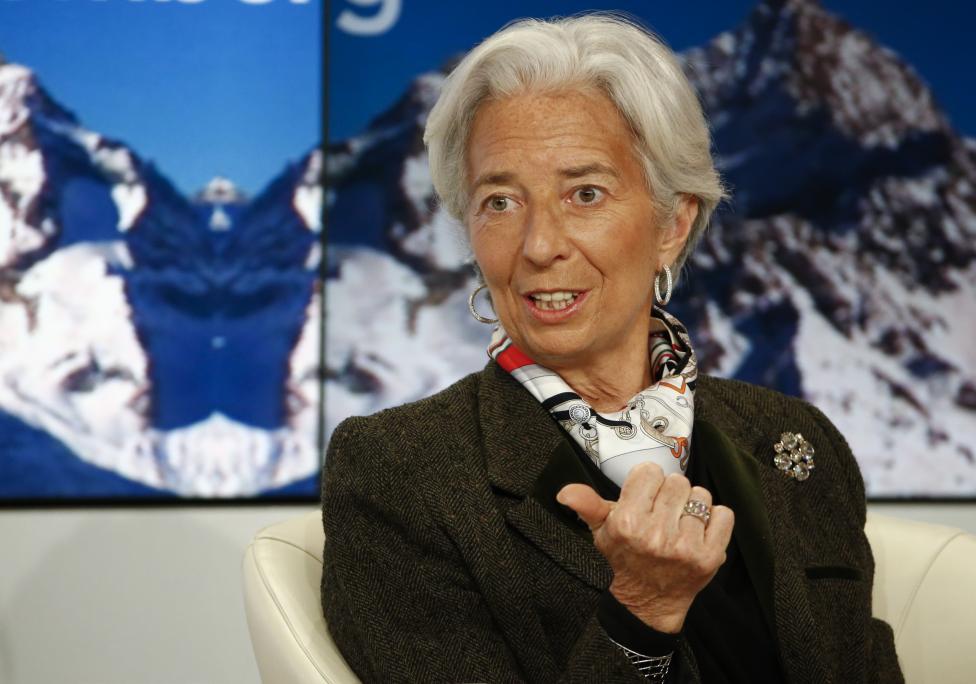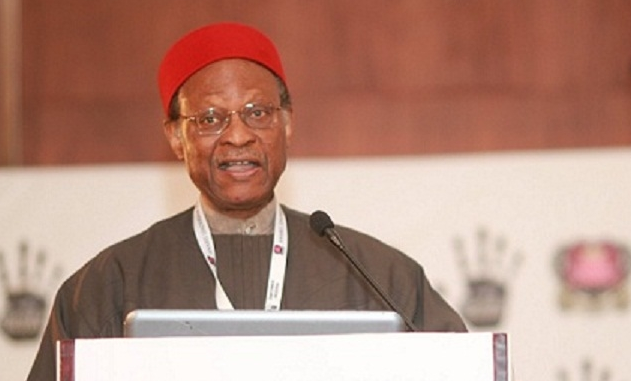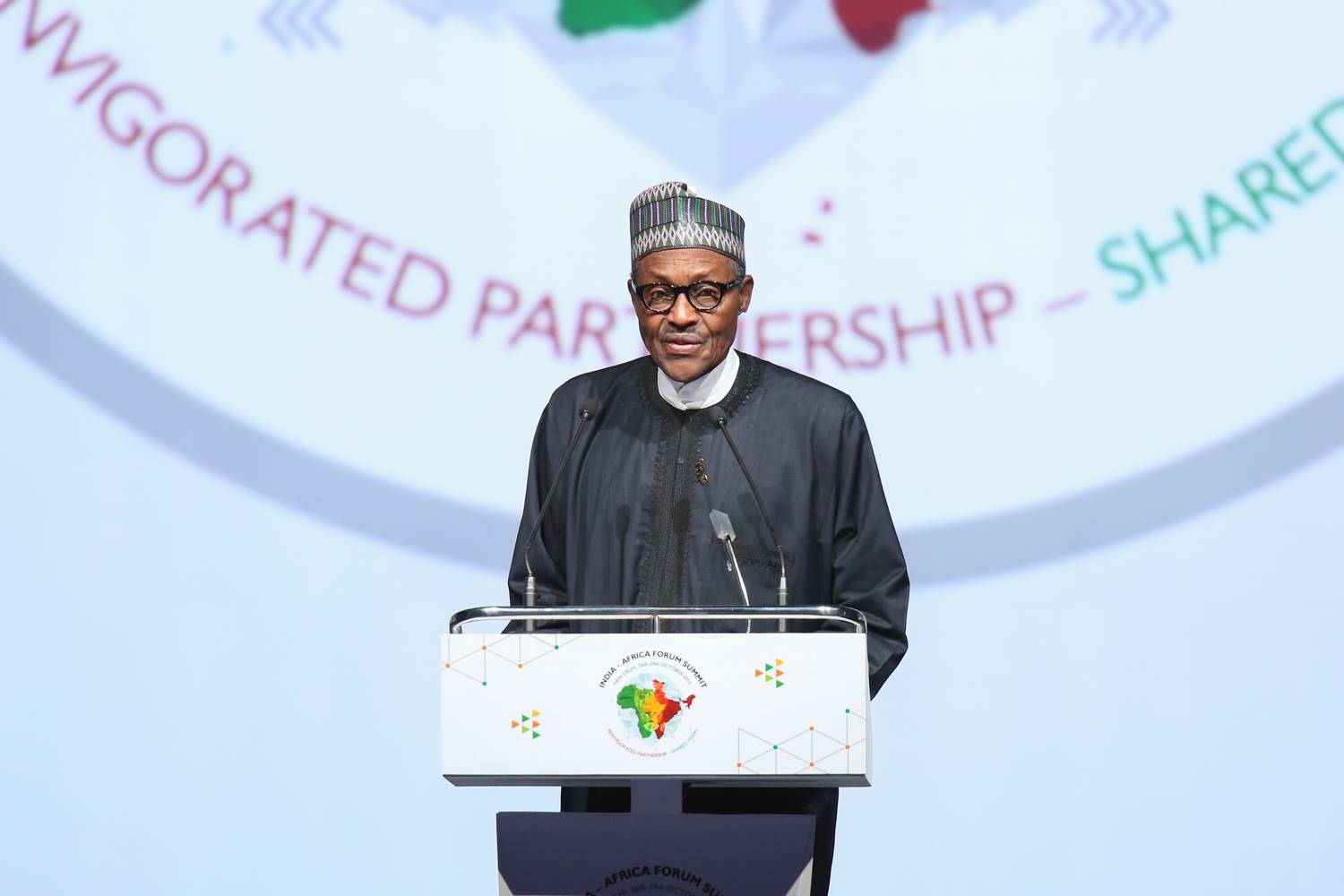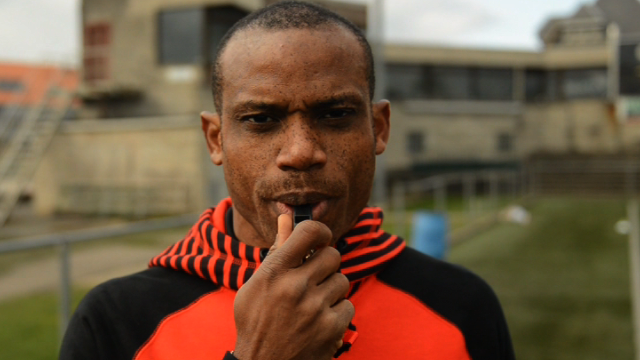Sachet water factory
The hike in price of commodities is gradually making a section of the Nigerian populace lose hope in the government.
With the naira trading at N370 against the dollar as of Monday and currently trading at N301 at parallel market, many Nigerians are lamenting the astronomical leap in price of staple foods and other commodities.
You probably know the cost of sachet water has increased from N70 to N150, while the ‘hungry man’s size’ of noodles has increased from N100 to N120.
What else has increased in price? Find out seven of them here:
Advertisement
RICE
Rice is a staple in Nigeria regardless of strata or demographics. This particular food has been hit by two major factors – the ban on importation and the free fall of the naira. A ‘derica’ of rice used to sell at N150 but now sells N250; while a 50 kilogrammes bag of rice sells at N13,000 as opposed to the former price of N10,000.
Ugochukwu Uchere, a trader at Ojodu retail market in Lagos, told TheCable the reason for the price increase.
Advertisement
“Before we sold rice at N10, 000, but now we sell atN13, 000,” he said.
“Before, in a week we made more money, but now we only make 75 percent of what we made before.
“The ban of importation of rice is what is affecting the price; Nigeria cannot make rice that will feed the country. Nigeria cannot make rice that will reach us. Government should open the border for us.”
WATER IN A SACHET aka PURE WATER
Advertisement
As it is known, no man can live without water and Nigeria’s main outdoor source of drinking water is ‘pure water’! This is the most accessible drinking water to the over 60 per cent of Nigerians living below one dollar.
The cost of a bag of sachet water use to be N70, but it now goes for N150. A sachet used to sell for N5 but now sells for N10 to N20.
At Mile 12, one of the market-friendly environments in Lagos, TheCable spoke with Aminat Yussuf, a sachet water hawker, who almost wept explaining the economic pressure she faced.
“The poor are getting poorer these days like never before. The cost of pure water before was N70, but now it is sold at the rate of N150; it is too expensive and it is hard to make profit,” she said.
Advertisement
PALM OIL
The price of palm oil has also increased. It used to be N250 but now it is sold at the rate of N300/350.
Advertisement
Ifeoma Nadim, another trader at Ojodu retail market, said: “Before, palm oil was N250, but now we are selling it at the rate of N300/N350. It is really affecting my family, school fees have increased. The poor are getting poorer. Any way, government should come to our aid; that is my own.”
VEGETABLE
Advertisement
The price of the vegetable, probably the cheapest Nigerian staple, has increased.
“Before, we sold vegetable leaves for N10, N20; now if you don’t have N100, you can’t buy vegetable,” says Nwanchukwu Uche, a vendor at Ketu market.
Advertisement
FROZEN CHICKEN AND TURKEY
The importation of frozen chicken was banned by the federal government in 2015 and this affected the price of the chicken.
A pack of frozen chicken used to be N6000, but now it is N7, 500. The price of turkey, which used to be N7, 500, is now N9000.
FROZEN FISH
A pack of fish used to go for N7000 or N8000 but now it goes for N12, 000.
INDOMIE
Indomie is patronized by both the young and old people. The large pack of indomie sold at N100 but now sells at N120.
Add a comment
